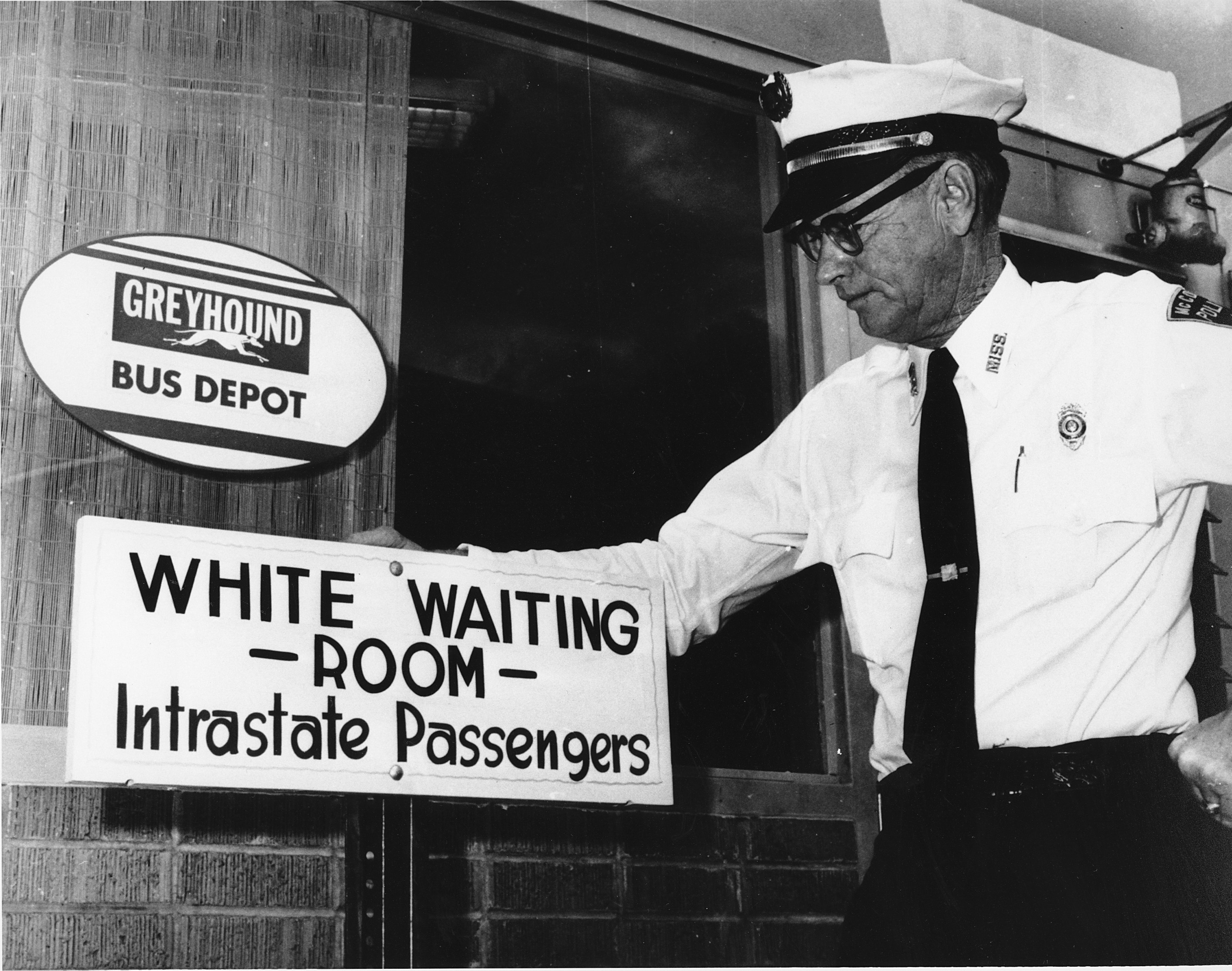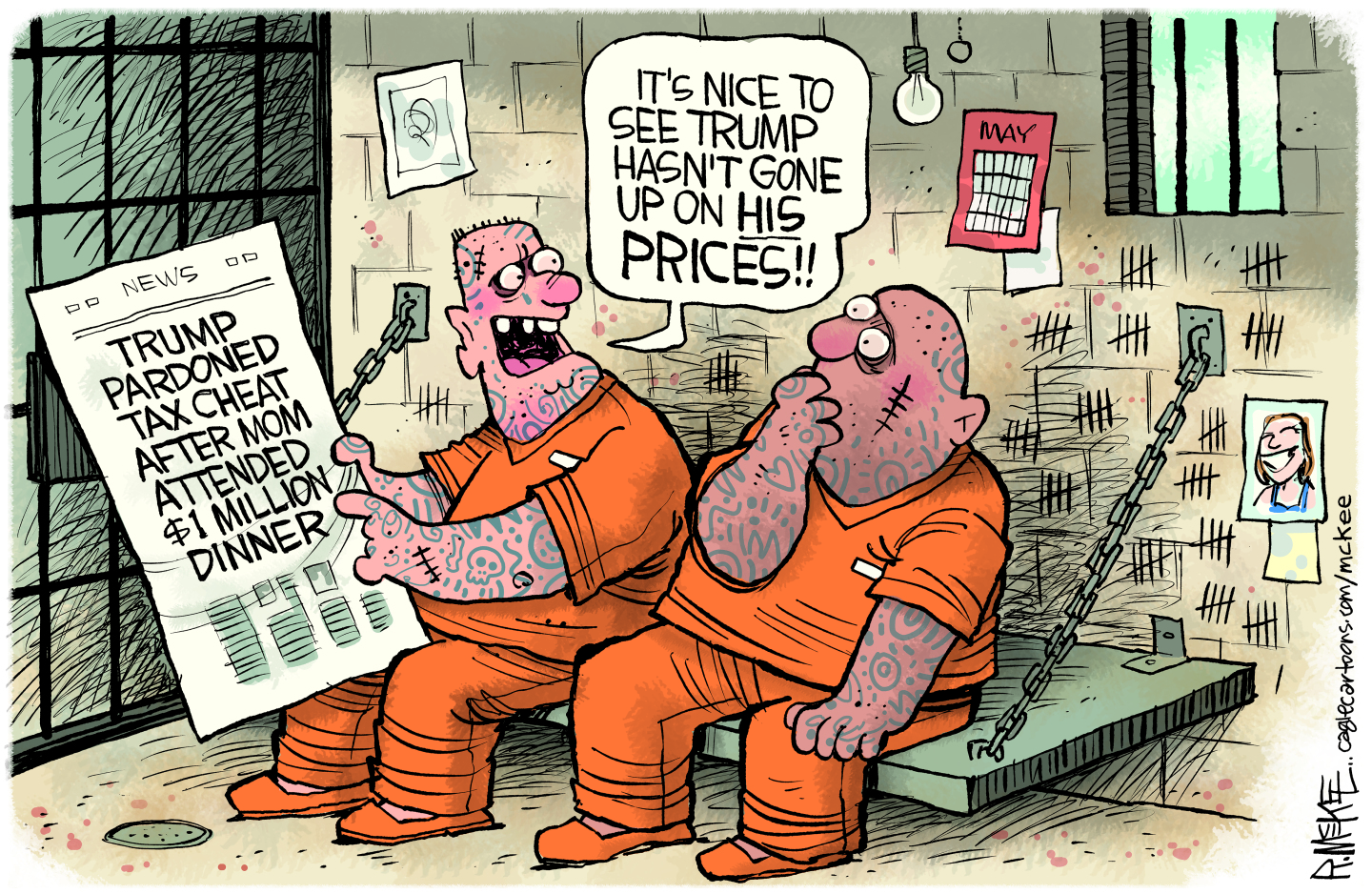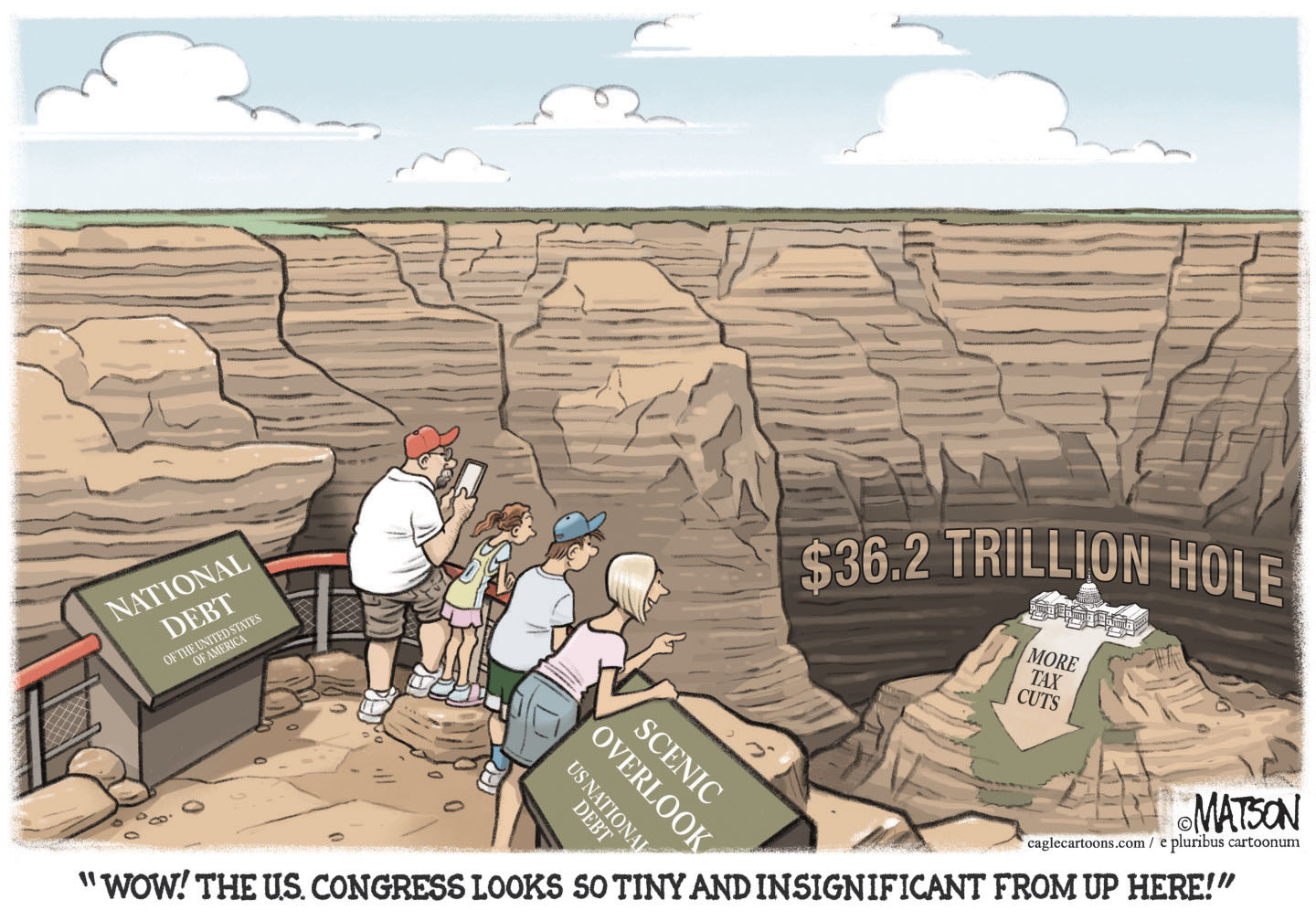President Trump's racist time machine
This is how Trump plans to re-whiten America


The executive order President Trump signed last week barring all refugees from the United States and banning entry by natives of seven Muslim-majority countries was many things: incompetently drafted, chaotically executed, driven by hate and fear, an offense to American values, a blow to our efforts to combat terrorism and convince young people not to join ISIS, to name just a few. But it was also something else: just the beginning.
This White House is embarking on a long-term project that goes way beyond an executive order here or there. What they're after is nothing less than a rollback of American diversity.
There are some promises Trump is not going to keep — remember when he was going to stick it to Wall Street? Ha ha, no. But the central promise of the Trump campaign, the one that got all those white voters in key states out to the polls, was a pledge to wind back the clock to an earlier time, sometime around the 1950s or 1960s. It was a time when the steel mills and coal mines were humming, when a man was a man and a woman knew her place, and when you didn't have to worry that you'd go down to the supermarket and have to hear people speaking Spanish, let alone Arabic. Trump can't actually put the whole country in a time machine, but there are some facets of this promise he can make good on.
Subscribe to The Week
Escape your echo chamber. Get the facts behind the news, plus analysis from multiple perspectives.

Sign up for The Week's Free Newsletters
From our morning news briefing to a weekly Good News Newsletter, get the best of The Week delivered directly to your inbox.
From our morning news briefing to a weekly Good News Newsletter, get the best of The Week delivered directly to your inbox.
Those hoping for a fulfillment of that promise were no doubt heartened when he announced that he would make Jeff Sessions the nation's chief law enforcement officer. Sessions may have gotten lots of criticism over civil rights, but it's his passionate opposition to immigration that has truly marked his Senate career. He was not only a vehement opponent of comprehensive reform that would provide a path to citizenship for undocumented immigrants, he is one of the few politicians who favors reducing legal immigration. He has objected to allowing immigrants to serve in the military, and praised a racist 1924 immigration law. As The Washington Post put it, "Sessions' ideology is driven by a visceral aversion to what he calls 'soulless globalism,' a term used on the extreme right to convey a perceived threat to the United States from free trade, international alliances, and the immigration of nonwhites."
And he'll have plenty of company in the Trump administration. It was no surprise that within days of taking office Trump would put a sign on the country's door saying "Muslims not welcome." It may not have been the "complete shutdown of Muslims entering the United States" he proposed in 2015, but it was a start, barring all refugees and natives of seven Muslim-majority countries. The stated rationale is preventing terrorism, despite the fact that going through the process of refugee resettlement is about the most cumbersome way imaginable to get to the United States if you were planning an attack, not to mention that the total number of fatal attacks carried out in America by natives of those seven countries is...zero. The order even barred legal permanent residents of the U.S. with green cards from entering if they had been born in one of those countries and were traveling abroad.
One of the arguments the White House and its surrogates are making is that this order only applies to seven countries, and there are lots of Muslims from other countries who are still free to visit the United States. Which is true — right now. But this is one of those policies that can easily be modified later on, just by adding more countries to the list.
And that's not all. As The Washington Post reported on Tuesday, the administration is circulating drafts of orders that would not only tighten immigration restrictions but even deport immigrants who receive public assistance, like tens of millions of native-born Americans do every year. As the Los Angeles Times reported, "Trump's top advisers on immigration, including chief strategist Steve Bannon and senior adviser Stephen Miller, see themselves as launching a radical experiment to fundamentally transform how the U.S. decides who is allowed into the country and to block a generation of people who, in their view, won't assimilate into American society." They and National Security Adviser Michael Flynn are particularly intent on keeping out Muslim immigrants out of fear that "parts of American cities will begin to replicate disaffected and disenfranchised immigrant neighborhoods in France, Germany, and Belgium that have been home to perpetrators of terrorist attacks in Europe in recent years."
We should pause to recognize that the reason the United States has suffered so few jihadi terrorist attacks since 9/11 is precisely because we do such a good job assimilating immigrants, and we always have. Many Muslims in Europe feel estranged from their countries, but American Muslims as a group are extremely patriotic and much more resistant to the siren call of groups like ISIS that try to enlist them in a war against the West.
And as for the generation of immigrants, particularly from Spanish-speaking countries, who won't assimilate? That's the same bogus argument that has been used as an excuse for stirring up hatred against every generation of immigrants from every part of the world, whether it was the Irish or the Italians or the Jews or the Chinese. In fact, the current wave of Latino immigrants is learning English faster than previous immigrants did.
But that's a factual argument, and as we know, Trump has little patience for such things. When he went before rabid crowds and told them he'd build a wall to the south and keep out scary Muslims, he wasn't dealing in facts or logic. It wasn't even about safety, or terrorism, or jobs. It was about saying to white voters: I'm going to give you your country back. It doesn't belong to them, the people who don't look like you or don't talk like you or don't worship like you. It belongs to you, and we're going to get rid of them.
They believed every word of it, and Trump is already following through. And he hasn't even been in office for two weeks.
Sign up for Today's Best Articles in your inbox
A free daily email with the biggest news stories of the day – and the best features from TheWeek.com
Paul Waldman is a senior writer with The American Prospect magazine and a blogger for The Washington Post. His writing has appeared in dozens of newspapers, magazines, and web sites, and he is the author or co-author of four books on media and politics.
-
 May 31 editorial cartoons
May 31 editorial cartoonsCartoons Saturday's political cartoons include how much to pay for a pardon, medical advice from a brain worm, and a simple solution to the national debt.
-
 5 costly cartoons about the national debt
5 costly cartoons about the national debtCartoons Political cartoonists take on the USA's financial hole, rare bipartisan agreement, and Donald Trump and Mike Johnson.
-
 Green goddess salad recipe
Green goddess salad recipeThe Week Recommends Avocado can be the creamy star of the show in this fresh, sharp salad
-
 The JFK files: the truth at last?
The JFK files: the truth at last?In The Spotlight More than 64,000 previously classified documents relating the 1963 assassination of John F. Kennedy have been released by the Trump administration
-
 'Seriously, not literally': how should the world take Donald Trump?
'Seriously, not literally': how should the world take Donald Trump?Today's big question White House rhetoric and reality look likely to become increasingly blurred
-
 Will Trump's 'madman' strategy pay off?
Will Trump's 'madman' strategy pay off?Today's Big Question Incoming US president likes to seem unpredictable but, this time round, world leaders could be wise to his playbook
-
 Democrats vs. Republicans: who are the billionaires backing?
Democrats vs. Republicans: who are the billionaires backing?The Explainer Younger tech titans join 'boys' club throwing money and support' behind President Trump, while older plutocrats quietly rebuke new administration
-
 US election: where things stand with one week to go
US election: where things stand with one week to goThe Explainer Harris' lead in the polls has been narrowing in Trump's favour, but her campaign remains 'cautiously optimistic'
-
 Is Trump okay?
Is Trump okay?Today's Big Question Former president's mental fitness and alleged cognitive decline firmly back in the spotlight after 'bizarre' town hall event
-
 The life and times of Kamala Harris
The life and times of Kamala HarrisThe Explainer The vice-president is narrowly leading the race to become the next US president. How did she get to where she is now?
-
 Will 'weirdly civil' VP debate move dial in US election?
Will 'weirdly civil' VP debate move dial in US election?Today's Big Question 'Diametrically opposed' candidates showed 'a lot of commonality' on some issues, but offered competing visions for America's future and democracy